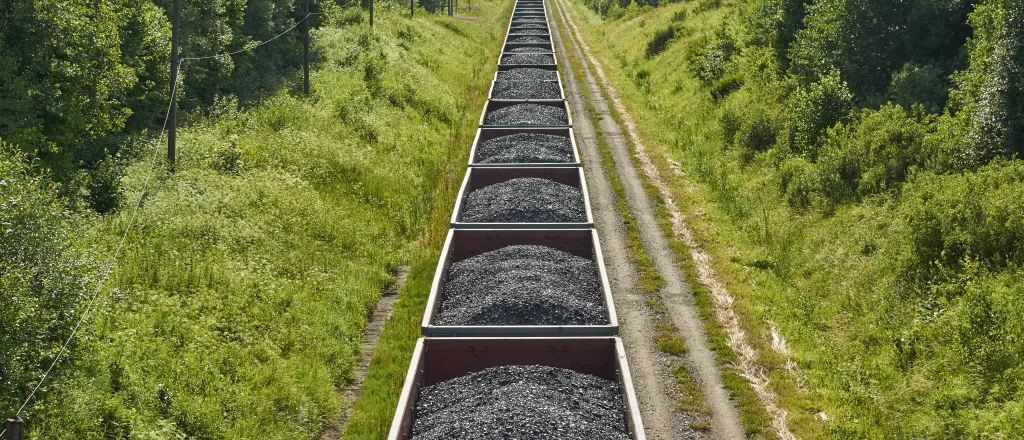
Researchers: U.S. wouldn't see 'bang for its buck' in reviving coal
Click play to listen to this article.
Minnesota is cited in a new research brief outlining the obstacles America would face in trying to reopen coal plants, an idea prioritized by the Trump administration.
President Donald Trump has signed an executive order aiming to boost coal production, despite coal's shrinking presence in the energy sector.
The administration said the move can help meet growing electricity demand with the emergence of data centers but the Institute for Energy Economics and Financial Analysis predicts giving coal-fired power plants new life would be costly.

Dennis Wamsted, energy analyst at the institute, said it does not make sense.
"It's not an 'evil conspiracy' to push coal out of the market," Wamsted pointed out. "The reality is that coal is the most expensive resource, and so it is rightfully used the least, or used last."
He points to Xcel Energy's Sherco facility near the Twin Cities, a coal plant being phased out and replaced with a massive solar operation. Wamsted noted utilities are planning for other sources because they have proved to be reliable and less costly. The analysis found 24 of the 102 recently closed U.S. coal plants are already torn down and restarting others would require big investments due to their age.
Wamsted added time is another problem because of the maintenance backlog in getting coal plants back online or in some cases rebuilt. He argued investors would not be interested in waiting to get an older plant reopened only to shut it down again because of the declining appetite for coal.
"In 20 years or 30 years, that plant, which would still be relatively new, would probably be what we call a stranded asset," Wamsted stressed.
Like clean energy infrastructure, Wamsted said ratepayers would be asked by utilities to cover the construction costs for increasing coal production. The difference, he explained, is sources like wind and solar are poised to stick around much longer and they do not have the price volatility linked with fossil fuels.















